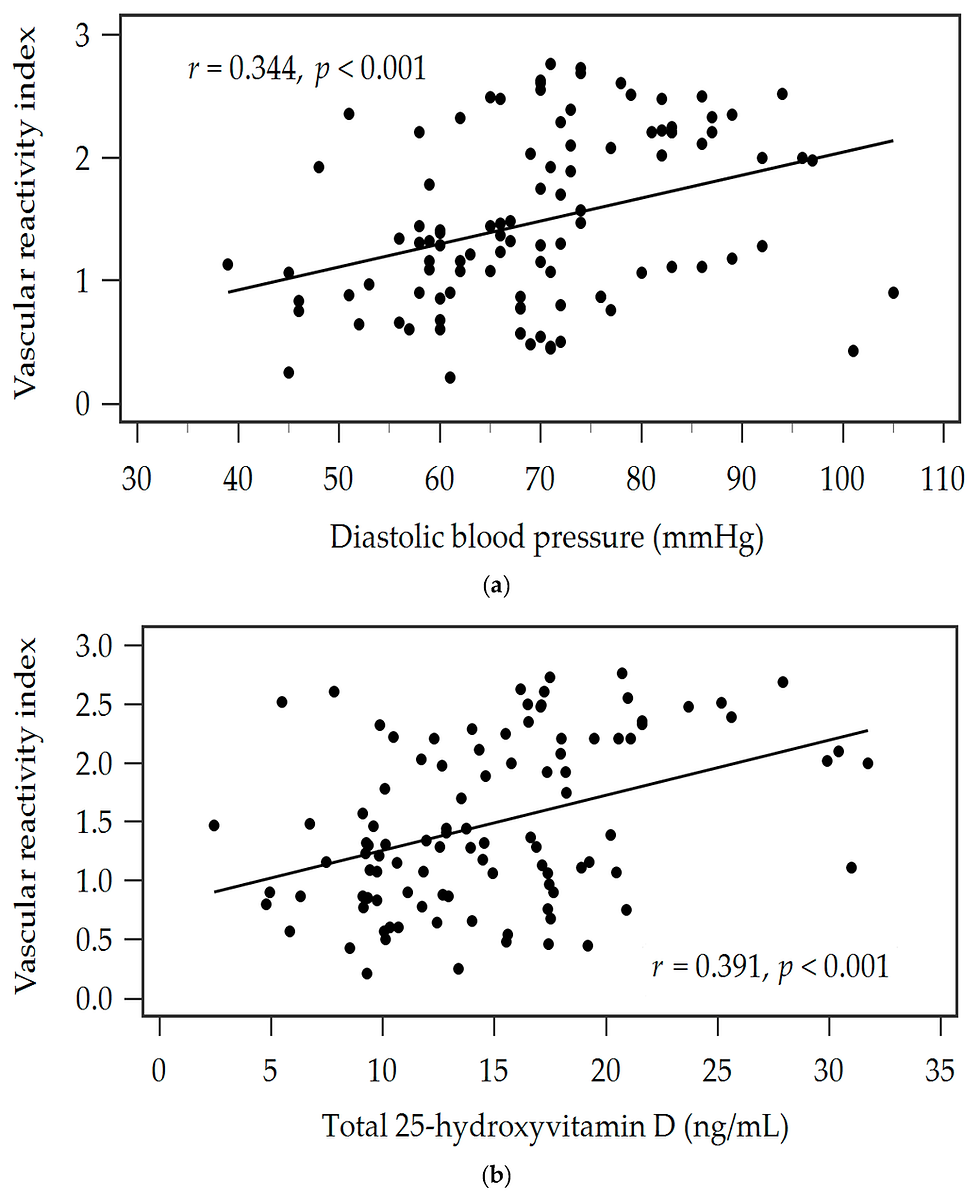Statin resistance or ineffective therapy?
- Jan 16, 2023
- 2 min read
Updated: Jan 18, 2023
Persistent endothelial dysfunction in patients under treatment.
Int Rev Immunol 2021 Jan 13;1-19.
Endothelial dysfunction sustains immune response in atherosclerosis: potential cause for ineffectiveness of prevailing drugs
Shamima Akhtar 1, Alpana Sharma 1
Department of Biochemistry, All India Institute of Medical Sciences (AIIMS), New Delhi, India.
Abstract
Vascular endothelial dysfunction (ED) forms the cornerstone in the development of atherosclerotic lesions that clinically manifest as ischemia, myocardial infarction, stroke or peripheral arterial disease. ED can be triggered by various risk factors including hypercholesterolemia, hypertension, hyperhomocystenemia and chronic low-grade inflammation. These risk factors also activate immune response systemically. Current drugs used for managing atherosclerosis not only aid in subsiding the risk factor but also suppress the immune activation. Nonetheless, their effectiveness in treating ED is still questionable. Here, we discuss how pathologic molecules and processes pertaining to ED can activate innate and adaptive arms of the immune system leading to disease progression even in the absence of cardiovascular risk factors and the potential of the current drugs, used in the management of atherosclerotic patients, in reversing them. We mainly focus on activated endothelium, endothelial microparticles, mechanically stretched endothelial cells, endothelial mesenchymal transition and endothelial glycocalyx sheds.
Keywords: Endothelial dysfunction; endothelial cyclical stretch; endothelial glycocalyx sheds; endothelial mesenchymal transition; endothelial microparticles; immune activation.
Similar Articles:
Atherosclerosis 2014 Jan;232(1):186-90.
Peripheral microvascular dysfunction predicts residual risk in coronary artery disease patients on statin therapy
Yuya Matsue a,b,*, Kazuki Yoshida c,d , Wataru Nagahori a , Masakazu Ohno a , Makoto Suzuki a , Akihiko Matsumura a , Yuji Hashimoto a , Masayuki Yoshida b
a Department of Cardiology, Kameda Medical Center, Chiba, Japan
b Life Science and Bioethics Research Center, Tokyo Medical and Dental University, Tokyo,
c Department of Rheumatology, Kameda Medical Center, Chiba, Japan
d Harvard School of Public Health, Boston, MA, USA
Scientific Updates
Sponsored by Endothelix Inc.



Comments